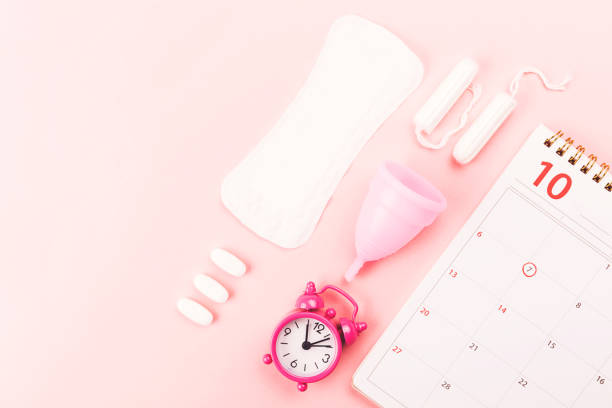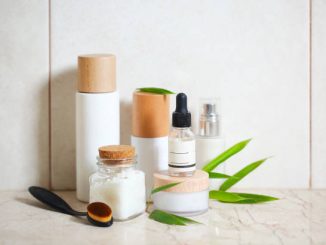
[dropcap]T[/dropcap]he recent expulsion of the Tampax advertisement from Irish television has triggered a wave of national debate surrounding the stigmatised, euphemised natural occurrence that is periods.
The ad, that received 84 complaints to the Advertising Standards Authority of Ireland, was described as being offensive, vulgar and provocative.
And so, half the population is forced to return to the uncomfortable confines of believing menstruating is something to be ashamed of, something dirty that depreciates the female value.
Period poverty is one such aspect that has seen the light on multiple occasions yet has fallen victim to very little progress on a global basis.
Period poverty means not having access to the products needed during a period, such as pads, tampons, menstrual cups or pain relievers, according to SpunOut.ie, a youth-based information platform.
As of 2018, Scotland was the first country worldwide to implement free period products in schools and universities, with England and New Zealand since following suit, according to The Independent.
In Ireland, the situation stands at almost 50 per cent of teenage girls aged between 12-19 finding it difficult to afford sanitary products, in a survey conducted by Plan International Ireland.
The study also found that some 109 of the young women who participated said they were forced to use a “less suitable sanitary product” because of the high monthly cost, while nearly 60 per cent of the young women said school does not inform them adequately about periods.
These less suitable products include toilet paper, socks and newspaper, according to Plan International.
In March 2019, a cross-party motion led by the Irish Women’s Parliamentary Caucus to tackle period poverty was passed in the Dáil and the Seanad. The proposals included providing free sanitary products in all public buildings alongside revised, comprehensive menstrual education integrated into the school curriculum and new State-run websites.
“Crucially, we are calling for comprehensive and normalising education on periods in schools and to open up the discussion on periods to everyone,” Marcella Corcoran Kennedy, former Fine Gael TD, said in the Dáil motion.
The proposal to work on an EU level to remove the 23 per cent VAT on sustainable menstrual products such as period-proof underwear, menstrual cups and reusable pads was passed, an issue presented by former TD Corcoran Kennedy, who also highlighted the mere 27 times the word “menstruation” has appeared in Oireachtas records since the foundation of the State.
A period poverty committee was set up in October by former Health Minister Simon Harris, to enact the motions put forward. Concrete action is yet to be witnessed, despite Minister Harris’ aim to roll out the objectives by mid 2020, according to an Oireachtas report.
“We are hoping to revive the caucus when the Dáil returns after recess, and then we will be in a position to progress this bill,” Fiona O’ Loughlin, Fianna Fáil senator and member of the women’s caucus, told The College View.
Despite the delay in government action, local grassroot initiatives have surfaced to engage and deliver action on the issue.
The Homeless Period Ireland is one such organisation that has established collection points for sanitary products throughout Ireland and distributes the donated items to those living in homeless accommodation and Direct Provision centres. Directed by Claire Hunt, the initiative now has 30 drop-off points in counties such as Dublin, Cork, Limerick and Meath.
Considering the weekly allowance for adults in Direct Provision is €38.80, making the decision between buying tampons or putting food on the table forces these women to “improvise or go without” Petra Hanlon of the Homeless Period said.
From speaking in polite euphemisms to menstrual advertisements romanticising what a visit from auntie Flo looks and feels like, women have historically felt the ashamed for something assumed by virtue of biology.
With such an issue being shrouded in stigma, those who do not associate with it can retreat to the privileged peripheries of believing it doesn’t exist, and so we fail to open up the conversation.
Normalising conversations about menstruation is one simple, positive step. Greater action can be taken such as setting up a drop-off point in your county in conjunction with Homeless Period Ireland, by emailing thehomelessperioddublin@gmail.com.
Freely available menstrual products and adequate education on the issue are fundamental to empowering women to recognise that periods are not only a hindrance existing in a secluded, female-only world.
Author: Trudy Feenane
Image Credit: iStock



